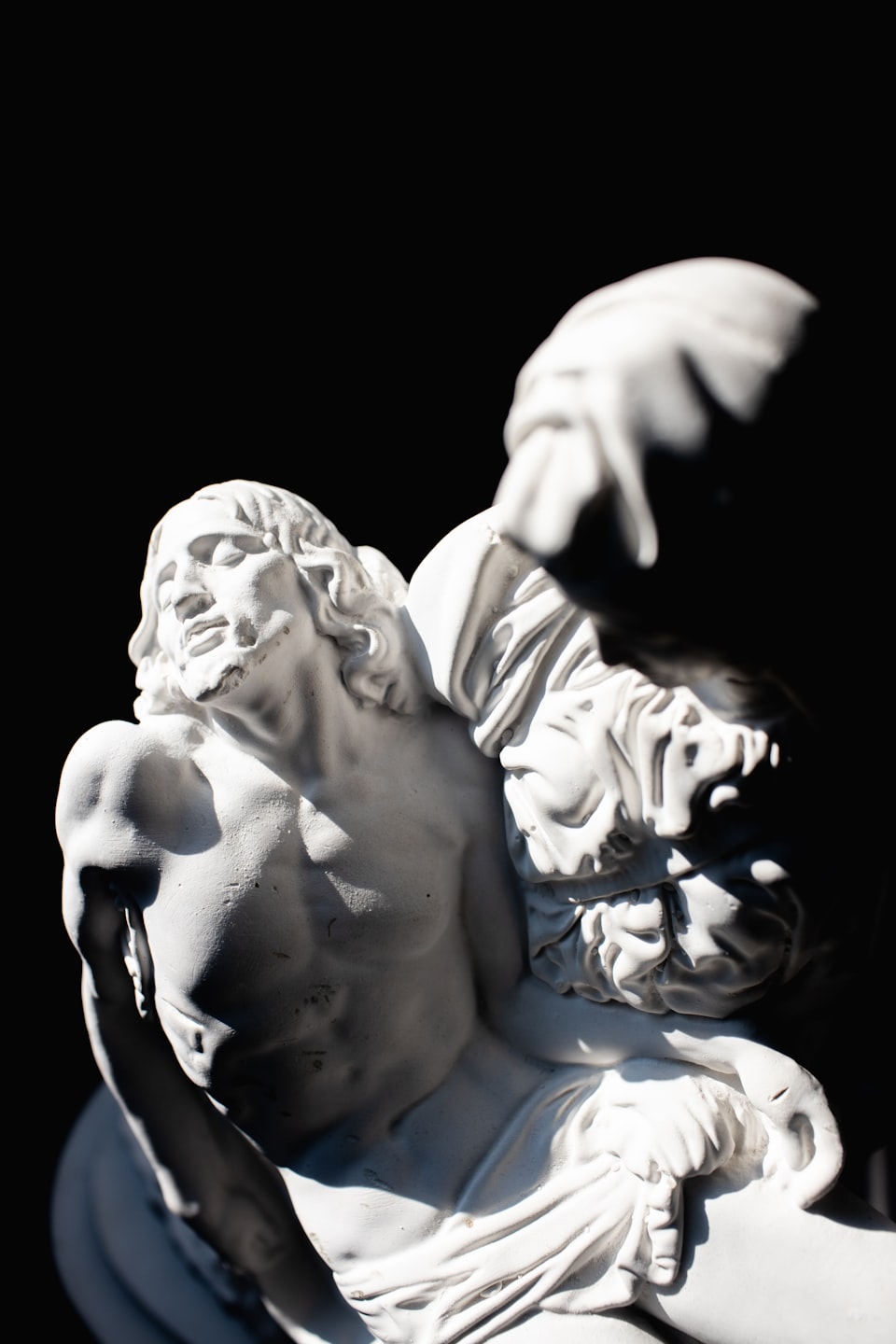That We Might Lovely Be

Jesus did not die to change God’s mind about us. Jesus died to change our minds about God.
On another occasion, we could explore in great detail the ways in which the four gospels tell this story, their contexts, the comparisons between Jesus and the world, Jesus and the Roman powers in Judea, the love of God and the fickleness of human affection, our awful but unavoidable susceptibility to sin, and a hundred other points about the Passion. But at its core is the truth on which all of the narrators agree: Jesus died for them and for us.
This truth is what confronts us every Good Friday. We are called, for this one day of the year, to grapple with what God has done for us in this moment. Today’s liturgy is not a Passion play where we reenact the events of the Crucifixion, nor is it a funeral for Jesus, nor is it a spiral of guilt and shame where we dwell on our own faults. The sanctuary is stripped bare of distraction. There are no elaborate songs to sing, poems to read, or ceremonies to conduct. We are left to pray and reflect on what it means to live with a God willing to be falsely accused, condemned, shamed, and put to death for our sake.
Jesus became incarnate, became human, out of God’s great love for us. Jesus did ministry, teaching, preaching, healing, restoring life out of God’s great love for us. Jesus bore mockery and shame and false accusations out of God’s great love for us. Everything Jesus did was born out of God’s great love for us. Jesus died out of God’s great love for us.
When Jesus spoke to us and said that the way of God was a way of love, service, and selfless giving, those with wealth and power to protect grew fearful. When Jesus showed us that the way of God was a way of repentance, repair, and forgiveness, those who craved vengeance grew angry. When Jesus revealed that God’s liberation was for all people, both the oppressed and the oppressor grew resentful. When Jesus insisted that all of God’s creation was good and that God intended for there to be a reconciliation of every created thing, those who profited from division grew violent.
Jesus kept insisting that God desired the best for us and from us, in our relationships with God, with ourselves, and with one another. What was not our best, God could work with and transform, if we would just offer it up. And this is what we witness on Good Friday.
Jesus invites humanity into a new way of being, calling on us to offer our whole selves to a new life. An eternal life of blessing where all are seen and loved and known as God’s beloved children. Every last person. And when Jesus calls for such an offering, what humanity brings is not its best, not a sacrificial self-offering. We come with fear and anger and selfishness and hatred and violence and murder. The one who promises eternal life, we kill.
We visit upon God’s own Son the worst sin we can muster. And God’s response? There is no anger. No vengeance. No punishment. There is forgiveness and crying out for our sake. When the sacred body of Christ is opened with a spear, there is no retribution or wrath pouring forth. Instead, there is water and blood, baptism and communion, grace and mercy, love and forgiveness. Humanity at its most depraved, most selfish, most sinful is met with nothing but a flood of divine love.
Those parts of yourself that you dislike the most. The sins that weigh down your heart. The secret corners that you are sure are unacceptable. The aspects you see in the mirror that you are convinced are unloveable. Bring these, however heavy and horrible they may be, and leave them, here, at the Cross. This is where they belong. There is love enough here to cover your sin and mine, even those which we are sure are irredeemable. If we can bring ourselves to trust God, there is love enough here that we might lovely be.
Jesus did not die to change God’s mind about us. Jesus died to change our minds about God. Amen.





